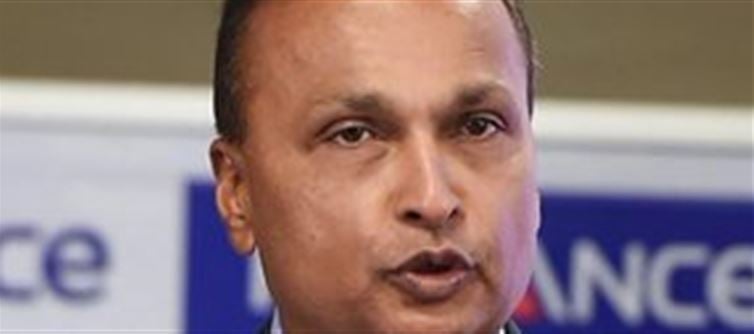
India has witnessed two of its most high-profile business defaults in recent years — the massive ₹49,000 crore debt crisis of anil ambani and the ₹6,203 crore loan default by Vijay Mallya. Yet, the public narrative and legal consequences faced by these two corporate giants couldn’t be more different. While anil ambani continues to live in india without major legal restrictions, Vijay Mallya has been branded a fugitive and forced to live in exile. The question arises — why?
At the heart of this disparity lies the nature of their financial defaults and their responses to the ensuing investigations. Anil Ambani’s group companies, notably reliance Communications, underwent bankruptcy proceedings under India’s Insolvency and Bankruptcy Code (IBC). The resolution process resulted in a reported settlement of ₹455 crores, a fraction of the original debt. Despite the staggering amount involved, Ambani has not fled the country nor faced charges of fraud or willful default. This cooperative approach with the legal system has allowed him to avoid the “fugitive” label.
In stark contrast, Vijay Mallya’s case has been marked by accusations of deliberate fraud and willful default. His flamboyant lifestyle and failure to repay loans from public sector banks culminated in multiple criminal investigations by the Central Bureau of Investigation (CBI) and the Enforcement Directorate (ED). Mallya’s refusal to return to india to face trial led to his classification as a Fugitive Economic Offender, a status that not only brands him publicly as a criminal but also enables the government to confiscate his assets.
Interestingly, despite owing a much smaller amount, over ₹14,000 crores have been recovered from Mallya’s assets, surpassing the original loan default. On the other hand, the settlement amount in Ambani’s case is substantially lower than the original debt, raising questions about the efficacy and equity of recovery mechanisms.
This dichotomy highlights a broader issue: the difference in how indian laws and institutions treat defaulters based not only on the amount owed but also on their willingness to cooperate and the legal characterization of their defaults. business failures, no matter how large, are often dealt with through negotiated settlements under the IBC, whereas cases involving alleged fraud and deliberate evasion attract stricter legal actions.
The public perception is also shaped by media narratives and political overtones, with Vijay Mallya becoming a symbol of corporate recklessness and privilege, while Ambani’s setbacks have drawn comparatively muted criticism.
In conclusion, the contrasting fates of anil ambani and Vijay Mallya underscore the complexities of financial governance in india, raising important questions about accountability, justice, and equal treatment under the law. Is the system truly impartial, or does it allow some to evade harsher consequences? The debate continues.




 click and follow Indiaherald WhatsApp channel
click and follow Indiaherald WhatsApp channel